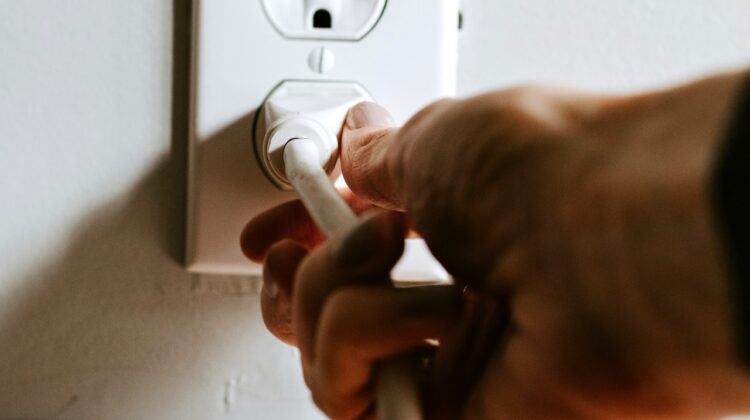
Canada’s electricity demand is projected to at least double by 2050.
A recent memo from Build Canada strongly suggests that the nation needs to invest in a “highly competitive and efficient environment for developing and deploying electricity generation, storage, and distribution technologies” in order to “drive national prosperity, ensure energy abundance, and energy security.”
Build Canada is an emerging movement started by some of Canada’s biggest names in financial technology with a vision of a “bolder, richer, freer country.” Lamenting the country’s current status as “stagnant” and “broken,” despite having world-class resources and talent, Build Canada is described as a platform of ideas for growth, innovation, and prosperity.
Each policy proposed through Build Canada hails from successful local entrepreneurs with extensive relevant knowledge, according to members of the campaign—which includes Daniel Debow, Tobi Lutke, and Harley Finkelstein of Shopify fame, as well as a slew of other names: Borrowell co-founder Andrew Graham, Neo Financial co-founder Jeff Adamson, Koho founder Daniel Eberhard, Questrade CEO Edward Kholodenko, Wealthsimple co-founder Michael Katchen, and Float co-founder Rob Khazzam, among others.
The memo on electricity hails from Aire Labs founder George Babu, who argues that Canada needs an additional 15,000 MW of clean electricity capacity by 2035.
However, Babu is concerned, because Canada’s regulatory environment makes it difficult to deliver electricity infrastructure.
“Over the past decade, dozens of major projects—across nuclear, renewable, and storage—have been delayed or cancelled,” he notes.
But there is plenty of reason for optimism, Babu posits—if our bloated government can simply stand out of the way.
“There are many existing and new technologies that show promise in helping to meet growth,” he writes. “Instead of government attempting to predict the ultimate technological winners in a rapidly evolving technology market, Canada must create an environment where this innovation and competition can occur.”
For example, modern nuclear reactors can safely generate ample clean energy while requiring a small fraction of the land that wind and solar energy systems demand.
“Canada should be the world’s leader in rapidly and efficiently deploying new generation technologies, leveraging our nation’s strengths,” Babu believes. “To achieve this, Canada needs to dismantle the barriers that currently inflate costs and delay deployment of all major projects.”
Abundant and reliable clean electricity infrastructure “is the foundation for building globally competitive export industries across the entire value chain, from mineral extraction to advanced manufacturing and AI-powered grid management software,” according to Babu.
Among other solutions, the entrepreneur goes as far as to suggest the establishment of an “Electricity Acceleration Delivery Taskforce,” which would report directly to the Prime Minister as it qualifies clean energy projects.
Babu also suggests launching a “Canadian Electricity Innovation Fund,” earmarking $15 billion to invest in energy projects that carry potential financial return to the Crown.
In conclusion, he writes that “Canada’s path to greater prosperity requires unlocking electrical energy abundance.”
“By creating a regulatory and government environment that promotes clarity, certainty, and long-term commitments, we can foster competition among innovative electrical generation, transmission, and storage solutions against clear national criteria, radically streamlining deployment pathways,” Babu states. “By combining this with intelligent financial tools aimed at long-term cost neutrality, we can accelerate the transition to a clean, reliable, and affordable energy future.”


